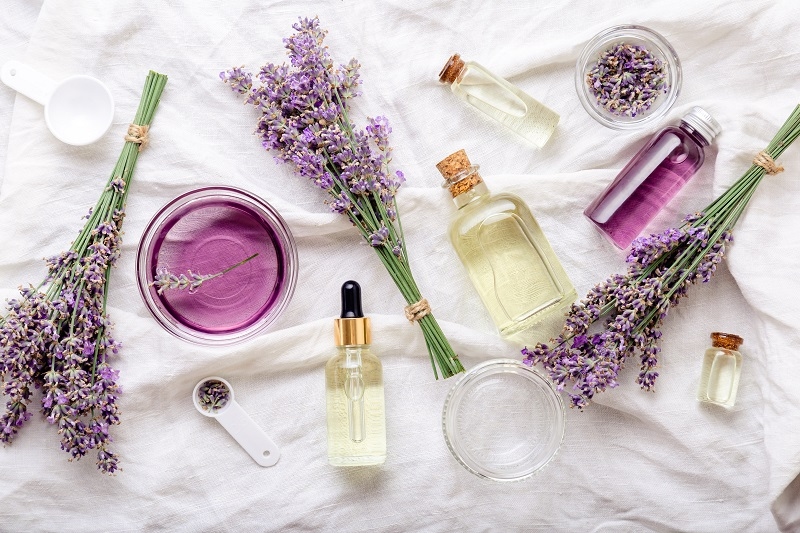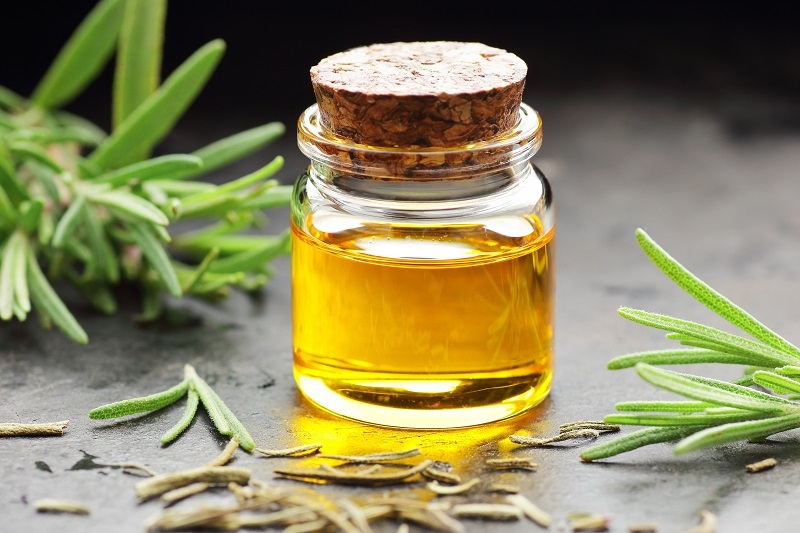
Ancient Egypt is a culture that transcends pyramids and grand tombs. Its cultural achievements abound, but none as great as the grooming rituals of the ancient Egyptians, which testified to the level of sophistication and understanding of self-care that defined them. Egyptian-scented hair oils were crucial to these practices, maintaining not just physical attractiveness but also spiritual well-being. The study evaluates the value, methodology, and social significance of these ancient treatments, focusing on their deep relationship to Egypt's overall hair culture.
Hair was much more than just a part of the human head in ancient Egypt. It was not just a physical characteristic but also a symbol of identity, social standing, and spiritual affinity. Hairstyles were often used to indicate a person's social status or position. Nobles and royalties decorated their hair with intricate braids, beads, or - on occasion if they were really rich or the stones valuable-gold for depicting their riches and, therefore, their status. Priests and priestesses often shaved their heads, again to display their cleanliness and devotion to the gods.
The third very important hair feature of the Egyptians is wigs. Both sexes sported human and plant fiber wigs that were perfumed to suppress the unlikable odor coming from them and, hence, aesthetically enhance them. Thus, being extremely tied to the aspect of hair, their use of scented oils played a key part in grooming every day.
Egyptian perfumed hair oils were multiple-purpose products ranging from practical treatments for hair to ritualistic and symbolic uses. They were meant to keep the scalp healthy and protect hair against the harsh climate of the desert, besides keeping one's appearance in good physical condition. They also had a spiritual connotation, believed to align with divine energies to bring about a sense of purity.
One of the major reasons perfumed oils were used was because of the dry and arid climate of Egypt, which could leave hair and skin dehydrated. Perfumed oils helped moisturize and nourish the scalp, preventing dryness and flakiness. They also provided a protective barrier against the harsh rays of the sun, keeping hair soft and manageable.
Ancient Egyptians knew well how to blend natural ingredients together to form fragrant, potent treatments. A base oil is combined with several botanicals and resins for the traditional Egyptian perfumed hair oils. Examples of such a base oil include castor oil, almond oil, and moringa oil, each offering hydrating and nourishing benefits. The oil would also be mixed with fragrant substances such as myrrh, frankincense, and lotus flower to achieve that rich, luscious fragrance. Other traditional ingredients were used:
Cedarwood oil was a natural antifungal and soothing agent, and when added, it helped promote healthier scalps.
Henna: its coloring agents toned the hair and protected it from damage.
Blue lotus: due to its ability to calm and euphoric effects, this flower was used in perfumed hair oils.
Olive oil: this was the perfect versatile oil that gave deep hydration and shine to the hair.
These ingredients came mostly from locally procured or neighboring regional imports because such treatments had been highly valued in ancient Egyptian society.
Perfumed hair oils were frequently used in ancient Egypt as part of grooming activities. It was an activity in itself, including massaging oils into the scalp and hair while, in some instances, also bathing, exfoliating, and using cosmetics. As the oils usually entailed a relaxing experience, wealthy individuals employed servants to apply these oils, ensuring even distribution and a relaxing experience.
Not just confined to hygiene and aesthetic purposes, the use of oils was an aspect of even religious ceremonies, wherein the practice of anointing with oils meant purification or, indeed, divinity. To some extent, there are references that show some Pharaohs sitting on top of cones made from perfumed wax that dripped sweet scents out into the environment at a trickle during the daytime, as held together by some wig.
Aside from its symbolic significance, Egyptian perfumed hair oils also had effective treatments for different kinds of hair-related problems. Formulas for the treatment were normally passed down as generations blended their knowledge of nature with an appreciation of its healing properties.
For instance, castor oil was one of the favorite hair growth treatments, while almond oil was a treatment to prevent split ends and add shine. The antibacterial and antifungal ingredients of myrrh and cedarwood oil prevented infections or irritation in the scalp. These treatments helped preserve hair health and were contributing factors to overall well-being in ancient Egyptian society.

In this light, the application of perfumed oils to the hair also illustrates broader cultural patterns in ancient Egypt, where grooming and appearance were integral aspects of social and spiritual life. Cleanliness and beauty became the hallmarks of reverence toward the gods and maintenance of balance in the world of nature.
Perfumed oils, for example, became an industry that thrived and gained great momentum, thus demonstrating Egypt’s scientific capabilities in botany and chemistry. There were dedicated perfumers housed within temples and royal courts that would create special combinations to be used for religious ceremonies and the upper class. It wasn't only driving economic activity but also helped cultural aspects of personal grooming and hygiene.
Modern haircare practices can draw inspiration from the natural and holistic approach of ancient Egyptians. Using natural ingredients like castor oil, moringa oil, and henna shows the efficiency of plant-based solutions for maintaining healthy hair. The ritualistic aspect of grooming, viewing it as a form of self-respect and mindfulness, offers a valuable perspective in today's fast-paced lifestyles.
The ancient Egyptians realized that haircare is so much more than just a matter of looks. It is a deeply cultural, health-based, and spiritual practice, which, by adopting the traditions of our ancestors, we may rediscover the art of using natural ingredients and mindful routines in taking care of our hair.
The world of grooming and cosmetics has left a mark with Egyptian perfumed hair oils. They marked an advanced understanding of natural ingredients and their applications, making the way for modern haircare products. The uses of these oils were not only limited to hair; their aromatic and therapeutic properties made them useful for skin care, perfumery, and even medicine. Their beauty, health, and spirituality give them a long-lasting legacy.
As the ancient Egyptians demonstrated, care for the hair was at once a highly personal yet universally valuable act. The various rituals of anointing, as well as the daily practice, were innovative, to say the least, in using perfumed oils; these methods give timeless lessons for the modern world. Reviving their techniques teaches us not only their ingenuity but also opens doors to self-care practices that look toward being harmonious with nature.
Egyptian perfumed hair oils were more than just cosmetic goods; they were an essential element of grooming rituals, with cultural, spiritual, and therapeutic importance. These ancient remedies, derived from natural materials, not only improved the individual's attractiveness but also linked them to cultural trends and spiritual beliefs. There is so much we can learn about the balance between appearance, health, and inner harmony in the hair culture of ancient Egypt. Their legacy of perfumed oils reminds us that haircare is more than just beautifying the outer body; it is an art to nourish the soul.
We can find the inspiration to apply more sustainable, natural, and meaningful approaches in personal care, based on rich heritage from perfumed hair oils of Egypt, and learn and appreciate them today. Ancient wisdom is a potent reminder of deeper connections between self-care, culture, and identity.
This content was created by AI